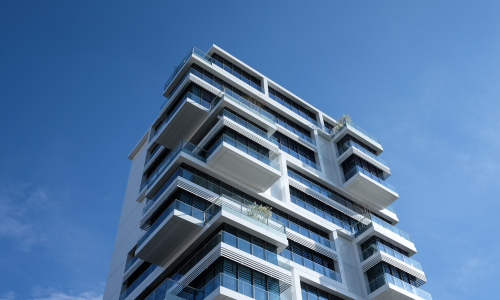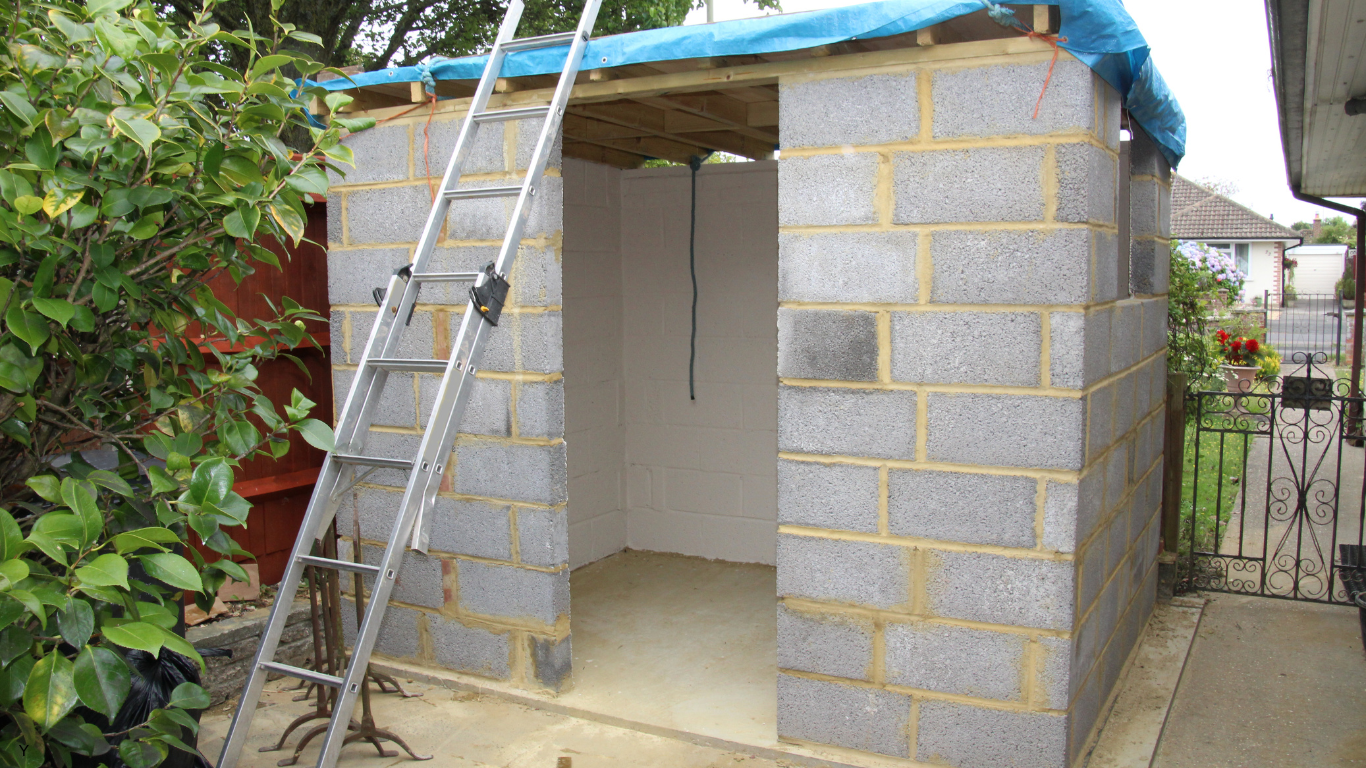Court Required to Stay Proceedings While Property Owner Fulfills Requirements Under Florida’s Notice and Opportunity to Repair Statute
Moss & Associates, LLC v. Peterson, arises from a lawsuit between a single unit owner in a condominium complex and the general contractor that build the condominium. The unit owner sued the general contractor claiming negligence, specifically claiming that his property was damaged directly or indirectly by water originating from the common elements of the condo, caused by the general contractor’s negligence and inadequate or faulty workmanship or services. This included the general contractor’s work on the roof and surrounding areas.
In response to the lawsuit, the general contractor moved to stay the litigation and compel the property owner to comply with the presuit notice requirements found in Chapter 558, Florida Statutes. Under the statute, “[i]n actions brought alleging a construction defect, the claimant shall, at least 60 days before filing any action, or at least 120 days before filing an action involving an association representing more than 20 parcels, serve written notice of claim on the contractor, subcontractor, supplier, or design professional, as applicable, which notice shall refer to this chapter.” The notice must also “describe in reasonable detail the nature of each alleged construction defect and, if known, the damage or loss resulting from the defect. Based upon at least a visual inspection by the claimant or its agents, the notice of claim must identify the location of each alleged construction defect sufficiently to enable the responding parties to locate the alleged defect without undue burden.”
At the hearing on the general contractor’s motion to stay and compel compliance, the unit owner admitted he had not sent the notice required by Chapter 558, Florida Statutes, but argued that he could not provide notice under the statute because he did not know what the condominium association had hired the general contractor to do, and therefore could not provide a list of defects as required by the statute. The trial subsequently denied the motion to stay, but indicated that the contractor could reassert its arguments later as the case developed. The contractor petitioned Florida’s Third District Court of Appeal to review the decision.
In conducting its review, the Third DCA first noted that to establish entitlement to review of this order, the contractor had to demonstrate “(1) a material injury in the proceedings that cannot be corrected on appeal (sometimes referred to as irreparable harm); and (2) a departure from the essential requirements of the law.” As to the first element, the court found that irreparable harm existed because the process required by Chapter 558, Florida Statutes, is designed to allow inspection, repairs, and settlement, without the need ever arising for a lawsuit. This right could not be given on appeal following the full completion the lawsuit. Further the court noted that similar review had been granted of similar presuit notice requirements under simila rcircumstances.
As to the second element, the Third DCA first noted that 558.003, Florida Statutes, uses mandatory language and requires a trial court to enter a stay if the statute applies to the action. In determining whether the statute applied, the court noted that the unit owner’s complaint alleged that:
[The general contractor was, a construction company performing residential and commercial constructions and renovations, [that had caused] damage to real property that he owned caused by [the general contractor’s] negligence and inadequate/faulty workmanship and/or services.” [The unit owner] further alleged that the claimed damage was the result of [the general contractor] negligently conducting repairs and/or construction to the roof and surrounding areas of the property and failing to properly remedy and/or repair the damage caused by [the general contractor] at the subject property.
The court concluded that these allegations fell within Chapter 558, Florida Statutes’, application to actions alleging construction defects and that accordingly, the trial court erred by failing to stay the action to require compliance with the statute.
About the Author:
Jason Lambert is a Florida Board Certified Construction Attorney and Partner in the Construction Industry Practice Group at Hill Ward Henderson, in Tampa, Florida. He is also the founder and chief contributor to the Hammer & Gavel construction law blog. Jason focuses his practice on representing contractors, subcontractors, and materials suppliers throughout the state of Florida. Before law school, Jason spent a decade working in the construction industry, primarily as a project manager and operations director for both new construction and remodeling. He can be reached at jason.lambert@hwhlaw.com or 813-227-8495.





